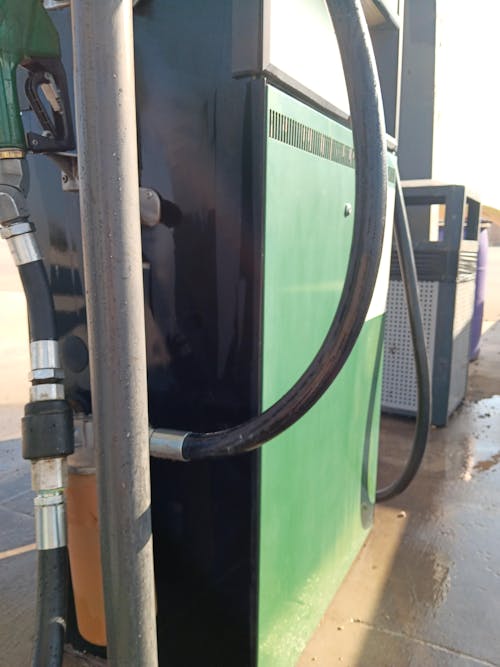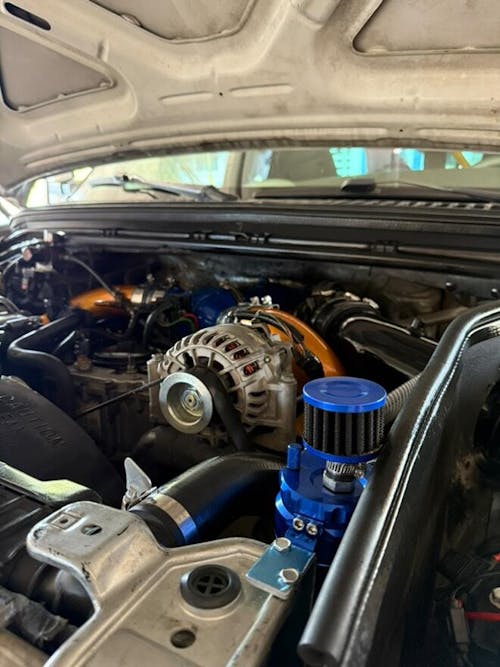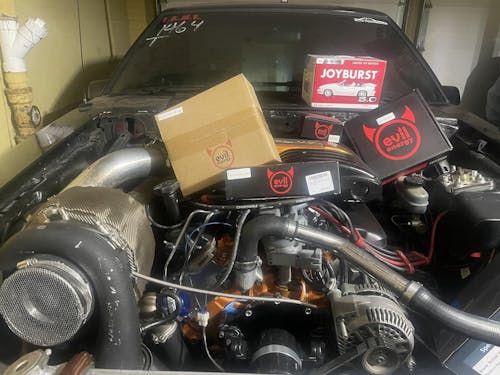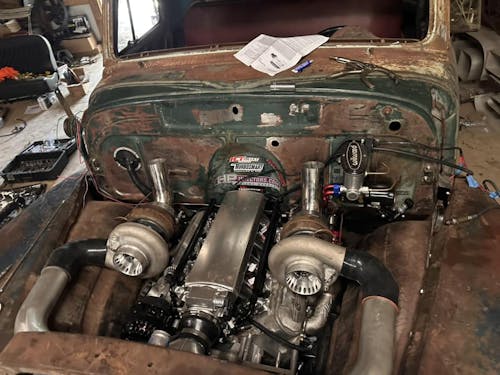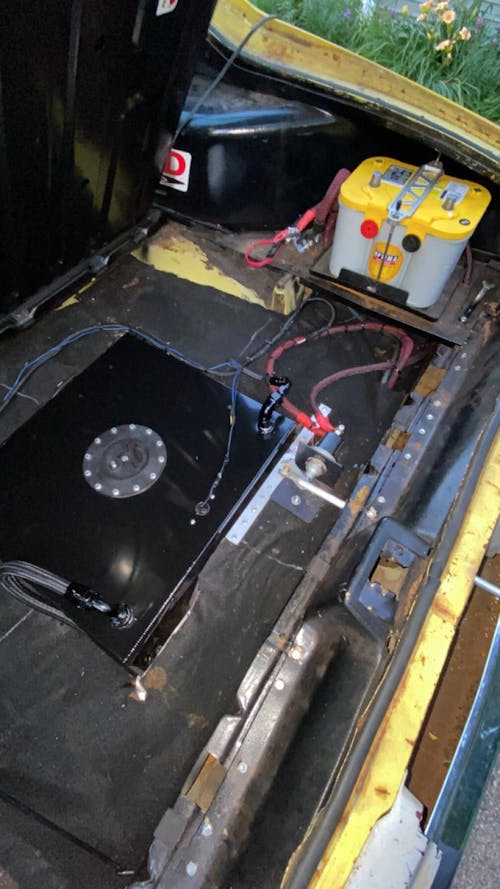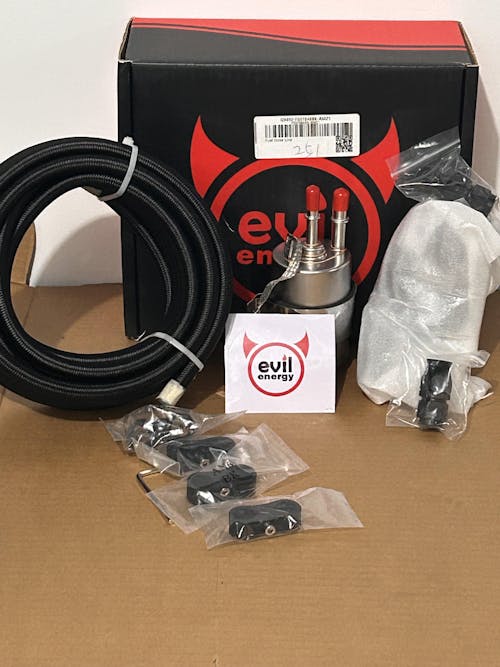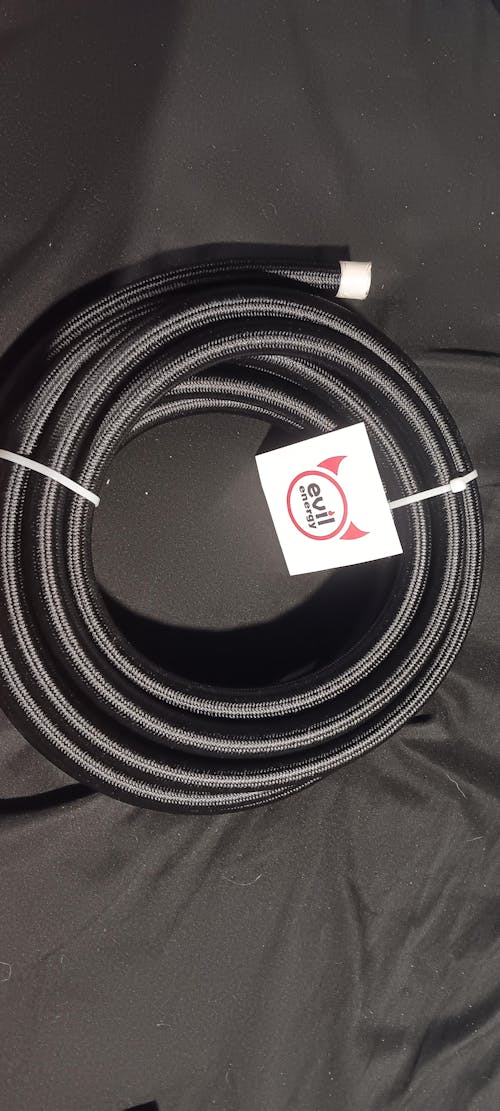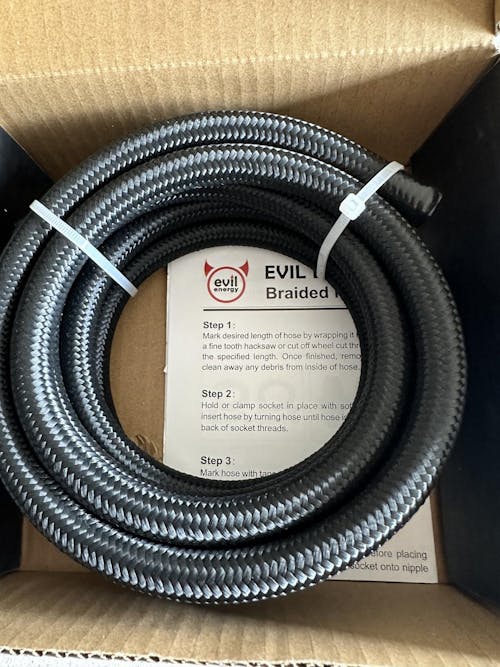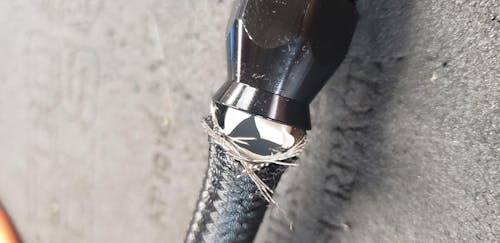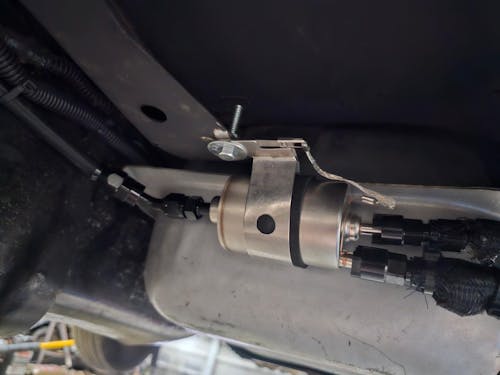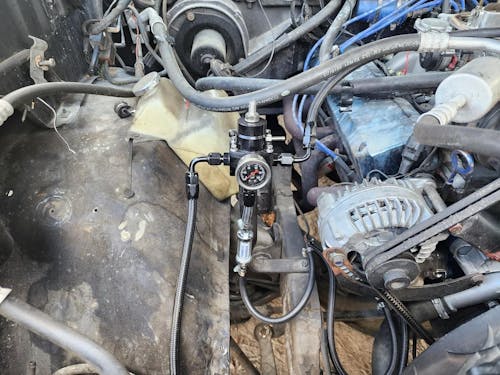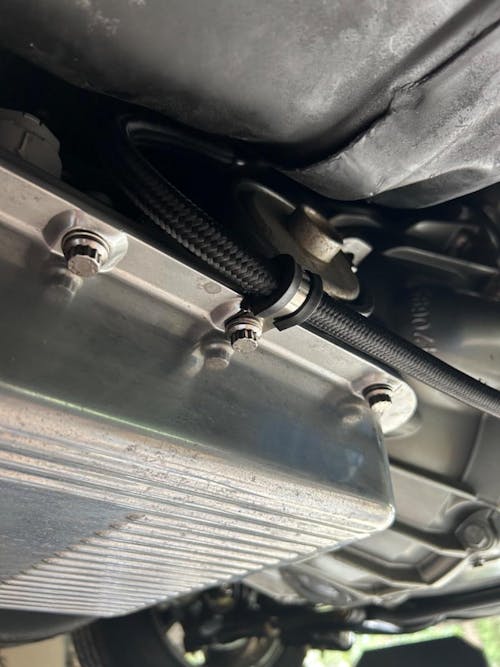THE ART OF TUNING: CUSTOMIZE YOUR VEHICLE SOUND WITH EXHAUST MUFFLER
THE ART OF TUNING: CUSTOMIZE YOUR VEHICLE SOUND WITH EXHAUST MUFFLER
Exhaust mufflers are well-designed devices that reduce the engine exhaust’s noise. Exhaust mufflers are also known as a silencer in layman’s terms. Vehicles without exhaust mufflers may roar like thunder and gunfire. Exhaust mufflers are used to avoid these annoying sounds in our daily lives. Exhaust mufflers and fuel lines are not only helpful in reducing noise but also in boosting engine performance and fuel efficiency.
Fuel lines are one of the essential elements in vehicles’ fuel systems. They are at greater risk of breaking and leaking. Therefore, their material is chosen carefully, like rubber and nylon, as these materials have more resistance. These are also used to pass gases from the engine to the exhaust and coolant fluids, especially in the lower parts of the vehicle.
Optimal Exhaust Muffler Performance

The exhaust gases are of high pressure and velocity, coming directly to the atmosphere where the pressure difference occurs, producing an unpleasant, louder sound. First, we need to know about their structure to understand the working of exhaust mufflers. Exhaust mufflers are made up of chambers and tubes that contain sound-absorbing material and obstacles to pass the exhaust gases from the alternative passages. Exhaust mufflers should have more space to expand the exhaust gases and lower their pressure to the level of the atmosphere. As a result, the engine makes less noise compared to that without an exhaust muffler.
It is one of the crucial parts fitted at the engine exhaust’s end. The optimal performance of the exhaust muffler depends upon the type of exhaust muffler used. The exhaust muffler types include:
- Baffle-type muffler
- Wave cancellation type muffler
- Resonance type muffler
- Absorber type muffler
- Combined resonance type muffler
These can be of three main styles having different sound reduction techniques, i.e., chambered, turbo, and straight.
Consideration and Benefits of Exhaust Mufflers
It is essential to know how effectively the exhaust muffler can reduce engine noise when you choose one. Now, you don’t have to worry about waking up your family and neighbors when you return late at night. Exhaust mufflers offer various benefits, including:
- Customize engine noise to have a better and quieter driving experience.
- Help you to drive under the noise pollution regulations.
- Prevent the back pressure on the engine caused by exhaust gases.
- Control emissions and enhance the durability of the engine.
- Optimize the performance of the engine and fuel efficiency.
Fuel Lines Integrity

You may know the fuel lines as the hose or pipe. These pipes transform the fuel from the fuel tank to the engine and then excess back to the tank. Their integrity includes what they carry, which can be fuel vapors, liquid fuel, and coolant fluids. Most of the fuel system consists of fuel lines. The material of these fuel lines should resist corrosion and other issues. Material could be any of these: steel, copper, plastic, rubber, nylon, etc. The fuel line types can be rigid and flexible. Using well-maintained fuel lines benefits your vehicle and impacts the environment by reducing fuel consumption and carbon emissions.
Common Issues with Fuel Lines and Exhaust Mufflers
Fuel lines should be placed where they remain cool because overheating can cause fuel vapor formation. The resistance can cause suction in the fuel pump and creates the chance of leakage and explosions. While the exhaust muffler faces the issues of corrosion as the water vapors from the engine convert into liquid due to expansion. Leaks, improper installation, and regular wear and tear are the most common problems among fuel lines and exhaust mufflers.
Maintenance and Care Tips
Every vehicle enthusiast always focuses on care and maintenance. For better performance and fun drives, you must clean and avoid excess moisture to control rust and clogging of the exhaust muffler and fuel lines. Before a drive, check the leaks and any loose bolts and tune your vehicle parts for better results. It will help you and your vehicle from future expenses. Any leaks, faulty and clogged material can put you in potential danger of road accidents. Before driving, inspect the exhaust muffler to ensure it is free from any obstructions that could impact your safety. Maintenance is also essential for better engine and fuel efficiency.
Bottom Line
A better understanding of exhaust mufflers and fuel lines can enhance engine power, sound, and performance. First, these features reduce engine noise, increasing comfort and compliance with noise pollution regulations. They also play an essential role in removing back pressure that can otherwise affect engine performance and fuel efficiency. Additionally, suitable materials and maintenance can ensure the integrity and durability of the fuel lines to protect against contamination and potential hazards. Proper care not only optimizes engine performance but also ensures safety, making it a worthwhile investment for any automobile aficionado seeking a quieter, greener, and safer use.


![EVIL ENERGY 4/6/8/10AN PTFE Fuel Line Kit | E85 Nylon Braided Hose | 16/20FT Black Black with Comprehensive Fittings [20FT]](http://www.ievilenergy.com/cdn/shop/files/Test-2025-Evilenergy-125598065_165x.png?v=1742144807)
![ptfe hose fitting kit [16FT]](http://www.ievilenergy.com/cdn/shop/files/Test-2025-Evilenergy-125598171_165x.png?v=1742144807)
![CPE Fuel Line[25FT]](http://www.ievilenergy.com/cdn/shop/files/25FTCPE_FuelLine_165x.png?v=1735220649)
![CPE Fuel Line[20FT]](http://www.ievilenergy.com/cdn/shop/files/20FTCPE_FuelLine_165x.png?v=1735220649)

